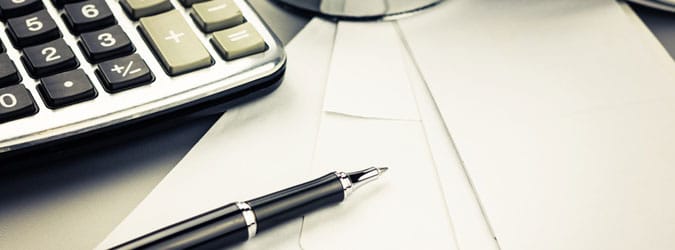
Do you own a company? If so, you might pay yourself in the form of dividends from the company’s profits rather than allotting yourself a salary. If this is the case, it is crucial to educate yourself about the new changes brought in during spring 2017 regarding your tax-free dividends. This guide tells you all that you need to know.
Tax-free dividends slashed by more than half by the Chancellor Philip Hammond
In the past, the tax-free allowance of company directors who paid themselves with dividends was £5,000. Now, as Hammond revealed in his most recent Budget, that figure is going to fall to just £2,000. Depending on your tax rate, the amount that you currently collect above your tax-free allowance could be taxed at as much as 38.1% (if you are an additional rate taxpayer). Higher rate taxpayers are taxed at 32.5% for everything they earn above the allowance, whilst basic rate taxpayers are taxed at 7.5%. The change will come into effect in April 2018, so there is still time to prepare yourself for this huge reduction in your tax-free allowance.
To whom does this cut in tax-free dividends apply?
As mentioned above, these changes affect company owners reaping dividends. They also apply to another key group: investors whose shares are not held in ISAs or pensions. The Chancellor estimated that the group of people hit by the changes is split evenly into company directors on the one hand and shareholders and investors on the other. All in all, the government has invested that around 2.27 people will be affected by this slashing of the tax-free allowance, and not all of them will be super-rich investors: many of them will be small business owners who are struggling to keep afloat. This slashing of the tax-free allowance could spell the demise of many an SME in the next few years.
What can investors do before 2018 to prepare themselves?
As has already been touched on above, the slashing of the tax-free allowance will not apply to investments that are held in SIPPs (i.e. Self Invested Personal Pensions) and ISAs. If your investments are kept in an ISA or a SIPP, they will be safe from this higher taxation. As a result, it is definitely worthwhile for investors to think carefully about where they place their investments, and to favour ISAs and SIPPs wherever possible.
Why has the government brought in this change?
The most salient reason is that the government hopes that the change will make their money. The additional tax paid by investors and company owners will, the government estimates, bring them in an extra £800 million to £900 million in revenue every year. On an individual level, this entails that every individual affected will need to pay on average an additional £315 of tax every year.
At Linghams Chartered Accountants in Cardiff, we have a team of specialists in corporate and personal tax planning Solutions and Compliance.
To find out more about dividends or any financial aspect of your business, contact us for expert advice.


